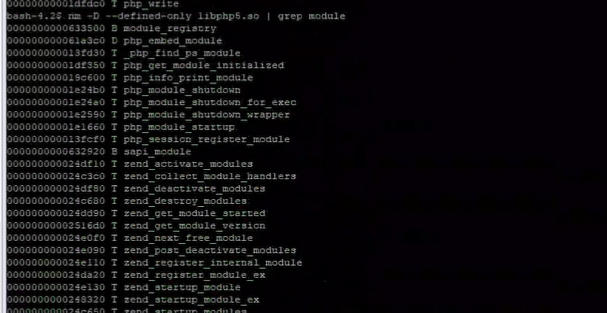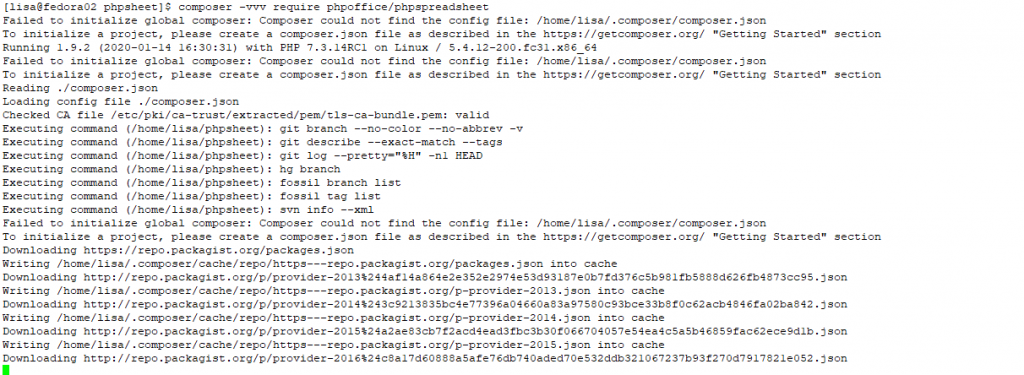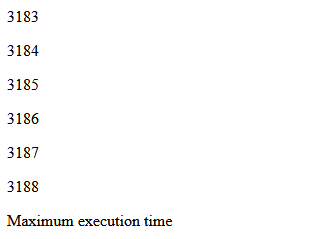We’ve got to upgrade some Javascript modules at work — JQuery, Bootstrap, etc. Problem is that changes between the versions mean there’s a lot of rewriting required before we can update. And we pull in these modules using a shared header file. While we could stage all of the changes and update the entire website at once … that means we’re all dedicated to updating our components & are delaying the update until we’re finished.
That’s not ideal — and has the potential to break a lot of things at once. I plan, instead, of putting a default version in the shared header file. And some mechanism to source in a newer version by setting a variable in the individual tool’s PHP code before the header is pulled in. So each tool within the site has a $strJQueryRev, $strBootstrapRev, etc variable. Then the shared header file looks for that variable — loads a newer version when requested or loads the currently used older version when no version is indicated.
if($strJQueryRev == "3.5.1"){
echo "<script src=\"https://code.jquery.com/jquery-3.5.1.min.js\">\n";
}
elseif($strJQueryRev == "3.1.1"){
echo "<script src=\"https://code.jquery.com/jquery-3.1.1.min.js\">\n";
}
else{
echo "<script src=\"https://code.jquery.com/jquery-2.2.4.min.js\">\n"; # Old, in use, version is default
}
Or even
if(!$strRevisionNumber){$strRevisionNumber="2.2.4";}
echo "<script src=\"https://code.jquery.com/jquery-$strRevisionNumber.min.js\">
Each developer can add a version number to a single tool, test it, push it up through production using the newest modules. Move on to the next tool. The site still isn’t done until we’re all done, but we can slowly roll out the update as people are able to test their tools.







